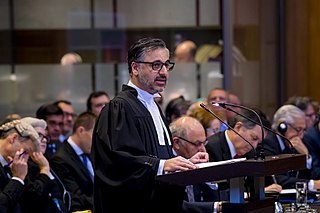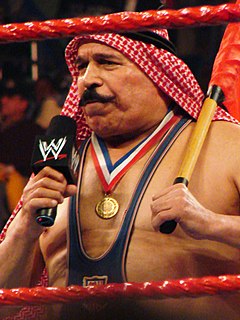Top 13 Quotes & Sayings by Payam Akhavan
Explore popular quotes and sayings by Payam Akhavan.
Last updated on April 14, 2025.
When I joined the UN War Crimes Tribunal, it was a realization of the dream of justice, that finally after Nuremberg, the UN is going to put the accused on trial again! And I still believe that accountability that eradicates impunity is very, very important for transforming the sordid culture of politics and power that we see in the world. But we need to be humble about the fact that justice will not bring back the dead.
Criminal trials are fundamentally about individual accountability whereas truth commissions are less about the guilt of the perpetrator and more about the suffering of the victim. A criminal trial is only incidentally a therapeutic or cathartic process for victims. But truth commissions, as we saw in South Africa, have the advantage of giving tens of thousands of people the opportunity to tell their stories, and not only does that contribute to healing but it also contributes to reconciliation, especially when perpetrators also come and express contrition.
Storytelling is very important. It is through context and relations that we understand the importance of human dignity. The concept means nothing as an abstraction. It's important for us to understand why people do the things they do, including the monsters - the suicide bomber and the war criminal. Understanding is not acceptance. Understanding is exploring the human psyche. If we want to put an end to violence, we need to have the sort of conversation I had with the teenage suicide bomber.
I hate the tribal hatred thesis - in Yugoslavia and Rwanda and places like that they kill each other because that's just what people do there. I think it's profoundly ignorant. I was astonished when Samuel Huntington wrote his famous clash of civilizations essay in response to the Yugoslavian war. I was on the streets in Sarajevo and every other person I met came from a mixed marriage. And here is Professor Huntington from Harvard writing this is a clash of civilizations. That was absurd.
In Yugoslavia we were told we were not only naive idealists in wanting war criminals to be prosecuted but that we were actually standing in the way of a ceasefire which would save more lives. The idea was that, by giving amnesty to these ruthless warmongers, you would give them an incentive to stop killing. I found that incredibly naive, never mind cynical. Having been on the ground and having met with these ruthless killers, I knew the only thing they understood was the language of force.

















